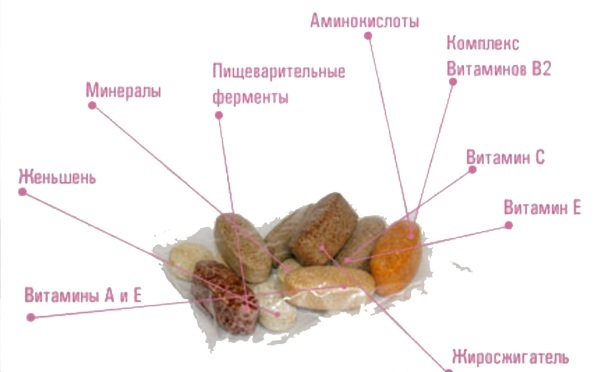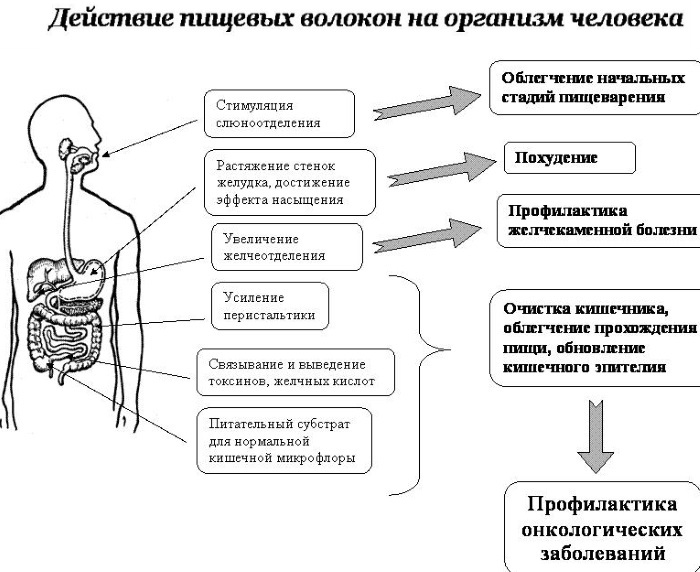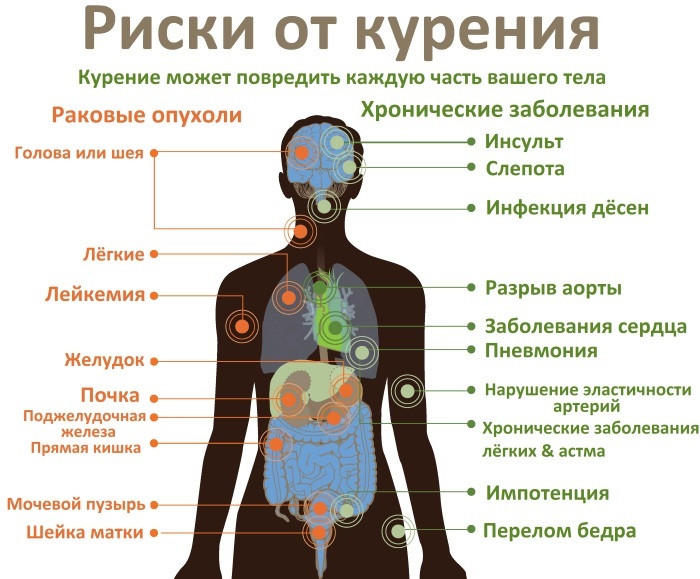On - to another - is an inadequate reaction of the human organism to exogenous factors (external) - pollen, odorous substances, animal dander, and endogenous factors (internal) - allergenic food and some medicines facilities. The disease usually occurs in the spring - summer period, and endogenous factors are often the cause of chronic process.
The disease is widespread. According to various reports, this form of allergy suffers from 8 to 12% of all the Earth's inhabitants. Typically develops at a young age (10-20 years). At older ages, the severity of the manifestations may be reduced, but completely, patients usually can not be cured.

Causes of
Common causes of rhinitis under the influence of allergen include a number of diseases and physiological conditions of the person, it is:
- Genetic predisposition;
- Recurrent acute respiratory infections;
- Unjustified and frequent use of antibiotics to treat colds;
- Anomalies of the nasal cavity and acquired deformation;
- Prolonged contact with strong allergens;
- Increasing the permeability of the mucous layer of the nasal passages that can be caused by certain diseases;
- Lowered blood pressure, increased blood clotting.
Manifestation of nasal congestion in children, caused by allergens, most commonly occurs in those babies who have marked metabolic disorders, diseases of the digestive organs.
stage
Presented for the disease in a child and an adult can take place in several stages:
| Vazoticheskaya | It is characterized periodic nasal congestion, the cause of which is in violation of vascular tone. For such forms requires reception decongestants. |
| Vazodilyatsiya | Here, child or adult may disturb nasal coupled to vasodilatation nasal mucosa. |
| Swelling of the chronic form | Symptoms of allergic rhinitis include constant nasal congestion, cyanosis of mucous. |
| hyperplasia | It causes nasal stuffiness, mucosal proliferation, formation polyps. Against the background of this disease may occur secondary otitis. |
symptoms
Allergic rhinitis manifests a variety of symptoms. Some of them appear a few minutes after exposure to the allergen, while others develop after several days or even weeks.
Typical early symptoms of the disease:
- Nasal discharge (rhinorrhea, rhinitis). Discharge is usually clear, watery. Later, they thicken, and the accession of bacterial infection are yellow or green;
- One of the main complaints of patients - a stuffy nose allergies. This is due to the pronounced resistant mucosal edema;
- Discomfort, itching, tickling and tickling in the nose and throat;
- Constant sneezing. This symptom may occur in the first minute after a meeting with the allergen;
- Almost immediately patients watery eyes as blockage occurs nasolacrimal duct, which connects the nose and eye socket;
- Stuffiness in the ears. nasal swelling causes blockage of the Eustachian tube and the patient begins to complain of feeling "as if he were sitting in a barrel."
Later joined by other signs of pathology:
- Irritability eye conjunctiva and photophobia;
- Stuffiness in the ears and hearing problems. Arise due to swelling of the auditory tubes, which connect the nasal cavity and middle ear. Against this background, frequently develop otitis media;
- Dry cough. It occurs due to non-physiological mouth breathing because nose is stuffed up;
- Violations of smell. It may be transient, but gradually there is a partial or complete loss of feeling.
- Weakness, fatigue, concentration disorder, sleep problems and appetite.
In children, symptoms of the disease are more pronounced. Lack of proper nasal breathing may lead to disruption of normal growth of facial parts of the skeleton.
Diagnostics
To determine an effective method of treatment, it is necessary to address to the allergist. The allergist will conduct medical history, to help determine the cause of the onset of symptoms.
The reception should elaborate a doctor about the lifestyle, occupational activity conditions in the presence of apartment pets, the presence of relatives of allergic diseases, describe the frequency and severity of symptoms. After the talk, the attending doctor will prescribe a skin test.
How to treat allergic rhinitis?
Unfortunately, all medicines for allergic rhinitis are only used to alleviate the symptoms - runny nose reduce, reduce edema, nasal congestion, watery and itchy. Until now, the medicine does not know how to get rid of allergies, because they do not know the deeper causes, triggers such inadequate reaction of the immune system.
Therefore, all drugs, sprays, drops from allergic rhinitis used as symptomatic means, blunts the manifestations of allergies, but that can not change response the body to the allergen. That today can offer the pharmaceutical industry for the treatment of allergic rhinitis?
- Antihistamines (Suprastin, Zodak). Allergic rhinitis in adults usually involve administration of tablet forms II-III generation that do not cause sedation. Syrups preferred for babies. Top products: Zyrtec, Claritin, Aerius.
- Leukotriene antagonists (Akolat) Tablets are an additional component of the treatment sensitization.
- Vasoconstrictive drops for allergic rhinitis. Misuse of these funds is unacceptable in allergic rhinitis. They can be used to reduce nasal congestion, reduce mucus, but no more than 5 days, or only in rare cases. Such dropwise from allergic rhinitis include - Naphthyzinum, Galazolin, Tizin, Nazol, Vibrocil. They do not have a therapeutic effect, but only make it easier to breath.
- Corticosteroids (dexamethasone). The tablets are used very rarely because of side effects on the body. Receiving expedient in the absence of other treatments.
- Desensitization to certain allergens. Hyposensitization therapy is widely used in cases where the know the exact allergen causing the allergic rhinitis patient. If antihistamines are not effective enough or are contraindicated patient subcutaneously administered dose allergen extract, gradually increasing it, this treatment can last up to five years, with the weekly administration of allergens. However, this method of treatment is contraindicated in persons with asthma or cardiovascular disease.
- Chelators (Enterosgel Filtrum). Removes toxins (including allergens) from the body. Receiving limited to 2 weeks. Used in combination with other agents.
Schemes of treatment of allergic rhinitis in adults:
- In mild variant rhinitis it is enough to terminate the alllergena, give the patient antihistamines by mouth (tablet, syrup, drops) and vasoconstrictor nose for five days.
- Intermittent rhinitis moderate severity would require a longer treatment (up to a month) and adding in drops glyukolkortikoidov nose. Same tactics adhere in the treatment of persistent (constant) rhinitis.
If the therapy in remission is not achieved within a month, reviewing the diagnosis (ENT exclude pathology such as sinusitis), increase the use of glucocorticoids.
What to do at home?
The main recommendations include the following.
- Restriction of contact with an irritant. To get rid of allergic rhinitis, eliminate enough stimulus. If you find it difficult, you should see a specialist, who will help in this.
- Fresh air. In order to eliminate allergic reactions, you must get rid of all the soft toys, pillows and blankets from down. Daily cleaning of the room should be done with the use of disinfectants. Also worth as much as possible to ventilate the room, and humidify the air. You can purchase a special home air cleaners.
- Rinsing the nasal passages. Once the self begins to manifest allergic rhinitis, should immediately take nasal lavage. To do this, you can buy special medicines as Akvalora or Dolphin, but you can prepare a solution and at home. For the preparation you will need a glass of water, salt, baking soda and a drop of iodine. During an exacerbation procedure to be performed up to six times a day.

prevention
The main aspect of treatment of allergic rhinitis is the elimination or reduction of exposure to the allergen triggers the development of the disease. Individual recommendations are made for each patient after the detection of the causative allergen. The nature of preventive measures depends on the type of a specific allergen.
So, during the exacerbation of pollen allergy, patients are encouraged to change their place of residence in the area where the plant is not causal grow, and in case of failure - try to leave the premises only in the afternoon, when the concentration of pollen in the air is on downturn. Food allergy involves the complete elimination of foods to which the patient had positive tests (allergy test).
Allergies to dust provides a constantly ongoing wet cleaning, during which for preventing ingress of dust allergens mucous should wear a special mask.




